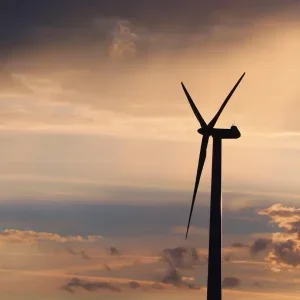
Ruby, a floating production storage and offloading (FPSO) vessel destined for the MJ deep-water development project offshore India’s east coast has set sail from South Korea.
India’s Reliance Industries, in partnership with UK-based oil and gas company BP, is developing the MJ oil and gas project in the KG-D6 block offshore India.
Samsung Heavy Industries built the FPSO Ruby, under an engineering, procurement, construction, and installation (EPCI) contract awarded in 2019.
Ruby is a double-hulled vessel with a crude production capacity of 60,000 barrels per day and nearly 12.7 million cubic meters per day of gas.
Reliance-BP chief executive officer Bernard Looney posted on LinkedIn: “’Ruby’ has just set sail for the 5000-km journey from South Korea to Kakinada, India where she’ll help ramp up domestic gas production.
“I’ve been in this industry for many (many) years but the sheer size and engineering genius of vessels like this still amazes me. A big thanks to the teams at bp and Reliance Industries Limited, for making this happen safely and efficiently.”
Reliance and BP are spending around $5bn on the further development of KG-D6 through three different projects, including the R Cluster, Satellite Cluster, and MJ.
All three developments are estimated to produce around 30 million standard cubic metres per day of natural gas by 2023.
MJ forms the third and last of discoveries that Reliance and partner BP are developing in India’s eastern offshore block KG-D6.
The MJ-1 gas discovery is located nearly 2,000m directly below the Dhirubhai-1 and 3 (D1 and D3) fields, considered the first and the largest fields in the KG-D6 block.
It is estimated to hold a minimum of 0.988 trillion cubic feet (tcf) of contingent resources, and also holds oil deposits, which would be produced using a floating system (FPSO).
The partners planned to deploy a floating production system at the high sea in the Bay of Bengal to commence production at the deepest gas discovery in the KG-D6 block.
Furthermore, R-Cluster started production in December 2020, and the Satellite Cluster came onstream in April last year. MJ is anticipated to be operational before the end of this year.
Looney added: “It is indeed a big achievement for the JV and we will not only increase gas production for the people of India, we will help the nation save close to USD 10 billion in import costs!
“On full operations, we will be close to 30 per cent of India’s gas production. This is a true proud moment for me and my extended RIL-BP team in India.”






